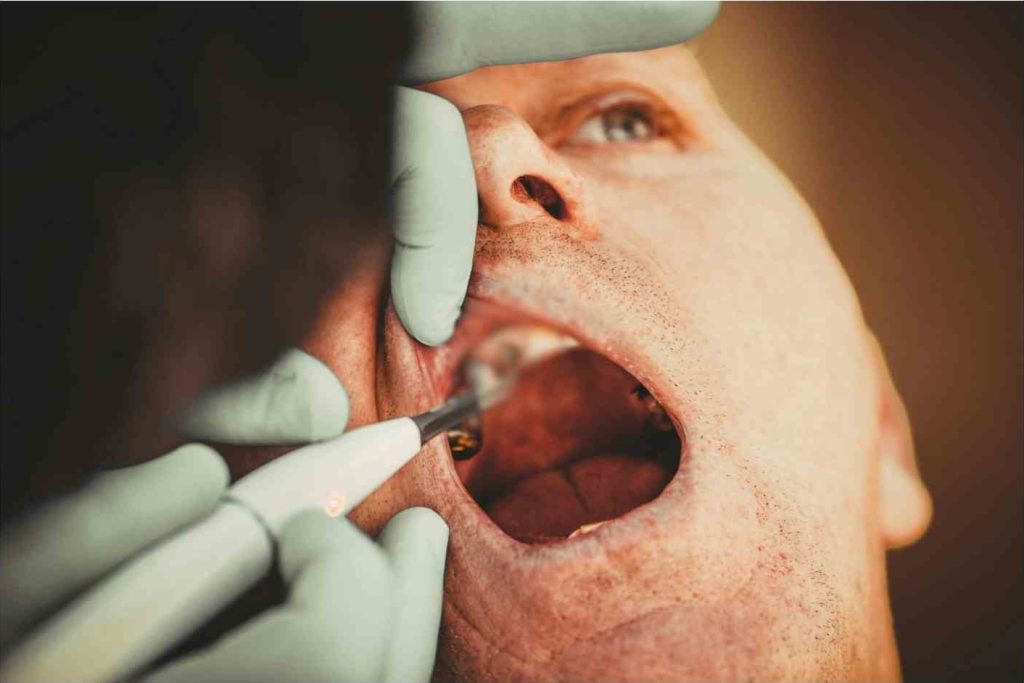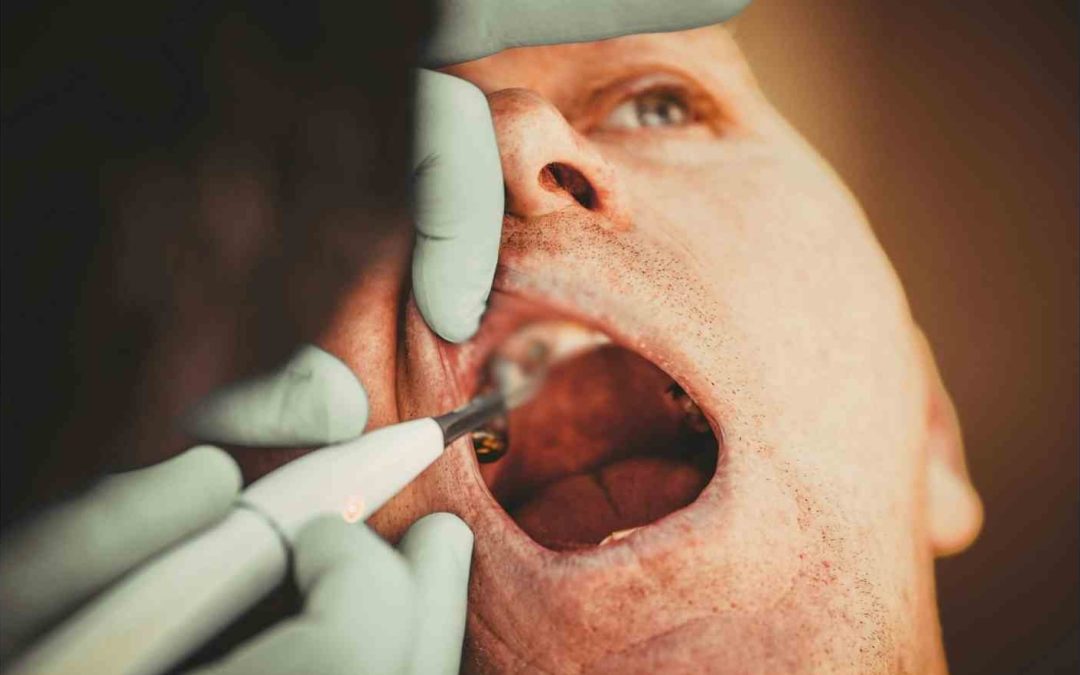Genuine immune of rejection of dental implants is extremely rare and affects fewer than 1% of patients – so you shouldn’t worry about your body rejecting dental implants. Even so, understanding why an implant might fail helps you take the right precautions.
To discuss dental implant treatment in Kent, you can get in touch with us by email or call us on 01227 765 851.
What Does “Rejection” of a Dental Implant Mean?
Rejection of an implant implies your body treats the implant as a foreign object and attacks it. In practice, most implant failures are not true immune reactions. They are usually caused by infection, poor healing, or mechanical issues. True immunological rejection—where the body’s defences break down the bond between implant and bone—is exceptionally uncommon with modern titanium or zirconia implants.
How Can Infection Mimic Rejection of an Implant?
Infections around the implant, known as peri-implantitis, can erode the supporting bone and gum tissue. Bacteria settle on the implant surface, triggering inflammation. Left untreated, this can loosen the implant, making it feel like your body is rejecting it. Prompt treatment—professional cleaning, antibiotics and improved oral hygiene—often resolves the issue without removing the implant.
Which Health Factors Increase Failure Risk of Dental Implants?
Certain medical conditions and habits can interfere with healing. Uncontrolled diabetes reduces blood flow and slows tissue repair. Osteoporosis can weaken the jawbone’s density, making stable integration harder. Smoking doubles the risk of implant failure by impairing blood supply and promoting infection. Letting your dentist know about your full medical history helps them plan appropriate precautions.

Can My Body’s Allergies Cause Problems With my Implants?
True allergy to implant materials is exceedingly rare. Titanium and medical-grade zirconia are highly biocompatible. A very small number of patients report sensitivity to trace metals or alloys. If you have a history of metal allergies or unexplained reactions to jewellery, discuss patch testing with your dentist before proceeding with an implant.
What Role Does Surgical Technique Play?
Precise placement is vital for implant success. Poor surgical technique can damage surrounding bone or soft tissue, hindering osseointegration (the fusion of implant and bone). Experienced implantologists use digital planning and guided surgery to position implants accurately. This reduces trauma, ensures even load distribution and minimises risk of complications.
How Can I Give My Implant The Best Chance?
Good preparation and aftercare are key. Your dentist will assess your bone volume and may recommend grafting if there’s insufficient density. Following surgery, avoid smoking, maintain a soft-food diet for the first few days and keep the area clean with gentle brushing. Attend all follow-up appointments so your implant’s integration can be monitored and any early signs of trouble addressed.
When Should I Seek Professional Help for my Dental Implants?
Contact your dentist if you notice persistent pain, swelling, bleeding around the implant, or if it feels loose. Early intervention can often save the implant. Don’t ignore warning signs such as bad breath or an unpleasant taste in your mouth, which can indicate infection.
Why Choose A1 Dental For Your Implants?
At A1 Dental, our specialists combine the latest technology with personalised care. We conduct thorough health assessments, use high-precision 3D planning and support you every step of the way. Our goal is to give you a reliable, long-term solution for missing teeth.
If you suspect any issues with a recent implant or want to discuss suitability, contact A1 Dental today. Our expert team is here to ensure your implant journey is safe, comfortable and successful.


Recent Comments